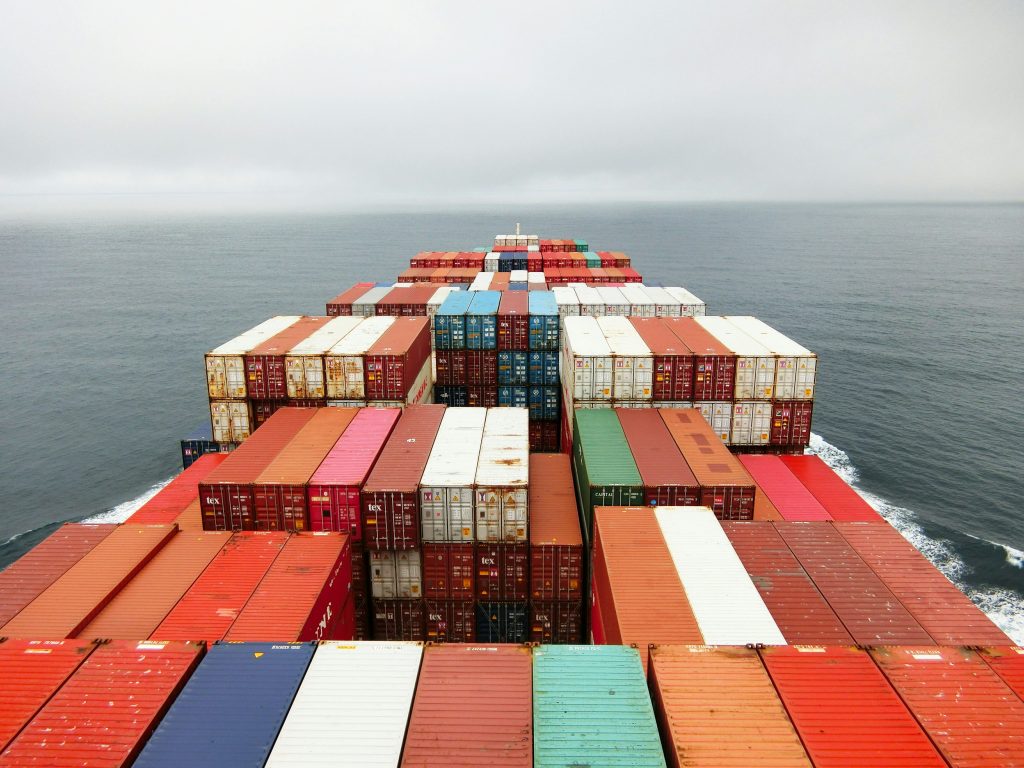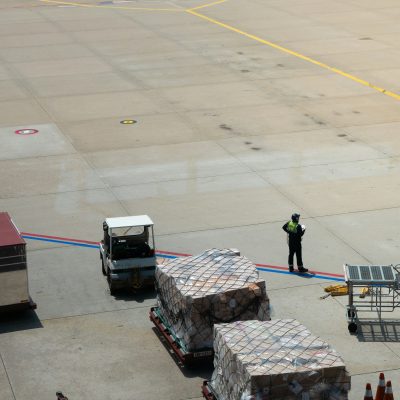Europe’s Trade Strategy: Promise or Peril?

This Policy Paper is a contribution of John Springford (Centre for European Reform) and Richard Youngs (FRIDE), to the project Think Global – Act European (TGAE). Thinking strategically about the EU’s external action directed by Notre Europe – Jacques Delors Institute (report available in May 2013, dir. Elvire Fabry, Senior Research Fellow, Notre Europe – Jacques Delors Institute).
Richard Youngs, Director, Fride and John Springford, Research Fellow, Centre for European Reform (CER) ? Europe’s growth strategy is based on a larger trade surplus with the rest of the world, to make up for slow domestic growth, as consumers are weighed down by debt. Therefore, Member States have pursued commercial diplomacy, with foreign ministries organising trade fairs, brokering sales of energy, transport, and arms equipment, and in some cases making bilateral trade deals, undercutting EU efforts. Governments are doing everything they can to drum up export growth, especially in emerging economies. This strategy is unlikely to make Europe richer in either the short or the long term. The continent’s short-term problem is a lack of domestic demand: overall exports to the rest of the world would have to grow at an unlikely pace to offset it. The continent’s long term problem is a slow rate of productivity growth. More competition between Europe’s firms is more likely to raise productivity, and with it living standards, than a government-sponsored export drive.




